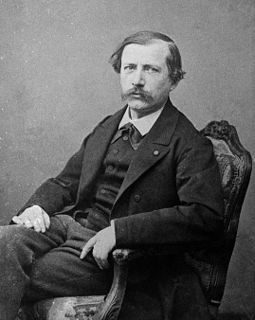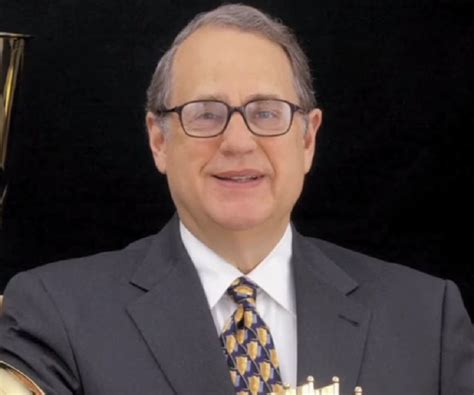A Quote by Gottfried Leibniz
There are two famous labyrinths where our reason very often goes astray. One concerns the great question of the free and the necessary, above all in the production and the origin of Evil. The other consists in the discussion of continuity, and of the indivisibles which appear to be the elements thereof, and where the consideration of the infinite must enter in.
Related Quotes
What expressions we used - in part taken over and in part newly invented! above all, the famous 'wholly other' breaking in upon us 'perpendicularly from above,' the not less famous 'infinite qualitative distinction' between God and man, the vacuum, the mathematical point, and the tangent in which alone they must meet.
[Social legislation] raised the cost of production; and what can be more illogical than to raise the cost of production in the country and then to allow the products of other countries which are not surrounded by any similar legislation, which are free from any similar cost and expenditure freely to enter our country in competition with our own goods...If these foreign goods come in cheaper, one of two things must follow...either you will take lower wages or you will lose your work.
The mystery of God's providence is a most sublime consideration. It is easy to let our reason run away with itself. It is at a loss when it attempts to search into the eternal decrees of election or the entangled mazes and labyrinths in which the divine providence walks. This knowledge is too wonderful for us. Man can be very confident that God exercises the most accurate providence over him and his affairs. Nothing comes to pass without our heavenly Father. No evil comes to pass without his permissive providence, and no good without his ordaining providence to his own ends.
For, above all, I hold a notion of possibility and necessity according to which there are some things that are possible, but yet not necessary, and which do not really exist. From this it follows that a reason that always forces a free mind to choose one thing over another (whether that reason derives from the perfection of a thing, as it does in God, or from our imperfection) does not eliminate our freedom.
Do these fuels result always and necessarily in one way from the decomposition of a pre-existing organic substance? Is it thus with the hydrocarbons so frequently observed in volcanic eruptions and emanations, and to which M. Ch. Sainte-Claire Deville has called attention in recent years? Finally, must one assign a parralel origin to carbonaceous matter and to hydrocarbons contained in certain meteorites, and which appear to have an origin foreign to our planet? These are questions on which the opinion of many distinguished geologists does not as yet appear to be fixed.
Conscience is the voice of the soul, the passions are the voice of the body. Is it astonishing that often these two languages contradict each other, and then to which must we listen? Too often reason deceives us; we have only too much acquired the right of refusing to listen to it; but conscience never deceives us; it is the true guide of man; it is to man what instinct is to the body; which follows it, obeys nature, and never is afraid of going astray.
'Wars, factions, and fighting,' said Socrates as he looked forward from his last hour, 'have no other origin than this same body and its lusts... We must set the soul free from it; we must behold things as they are. And having thus got rid of the foolishness of the body, we shall be pure and hold converse with the pure, and shall in our own selves have complete knowledge of the Incorruptible which is, I take it, no other than the very truth.
The soul consists of two parts, one irrational and the other capable of reason. (Whether these two parts are really distinct in the sense that the parts of the body or of any other divisible whole are distinct, or whether though distinguishable in thought as two they are inseparable in reality, like the convex and concave of a curve, is a question of no importance for the matter in hand.)







































